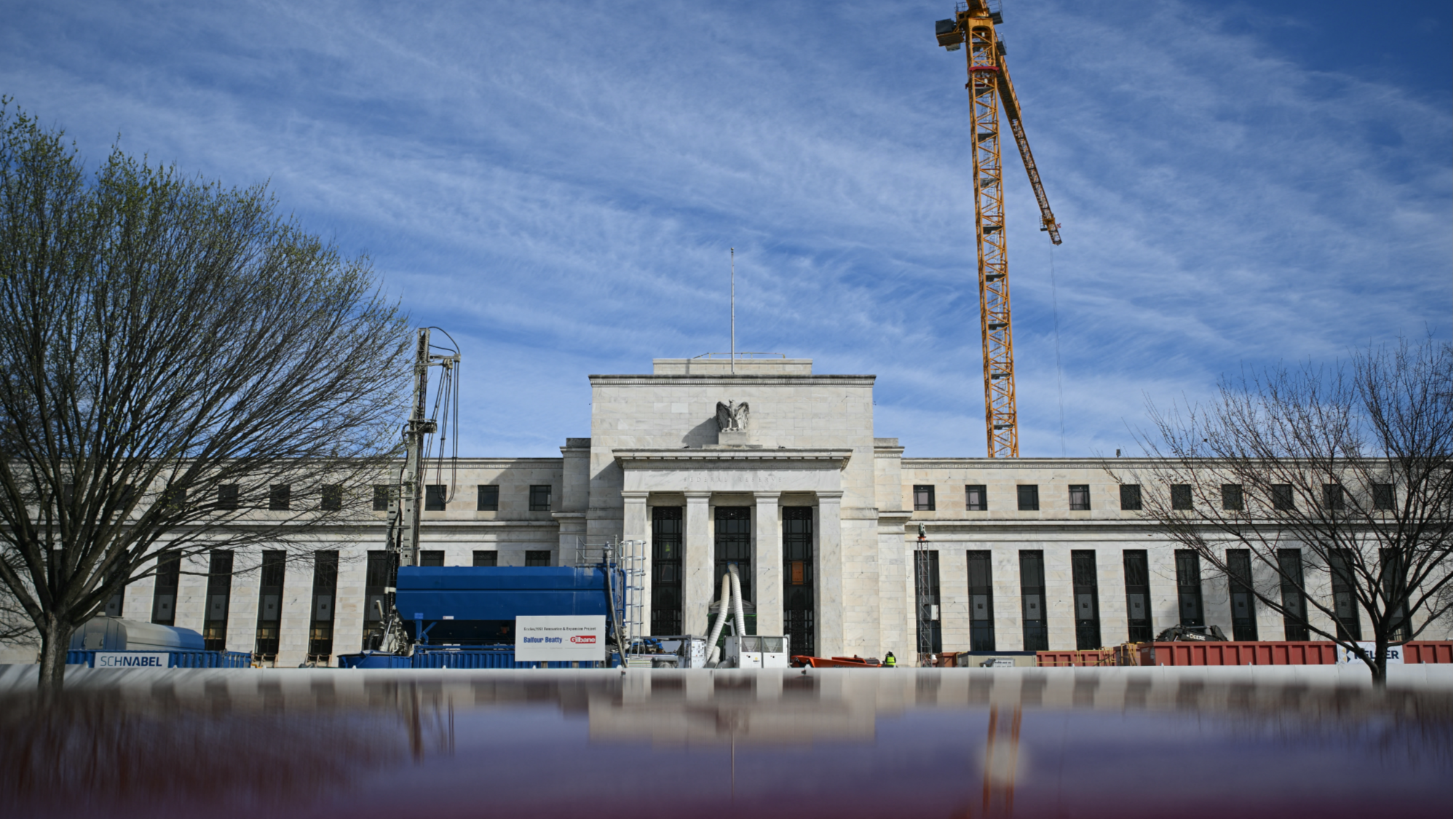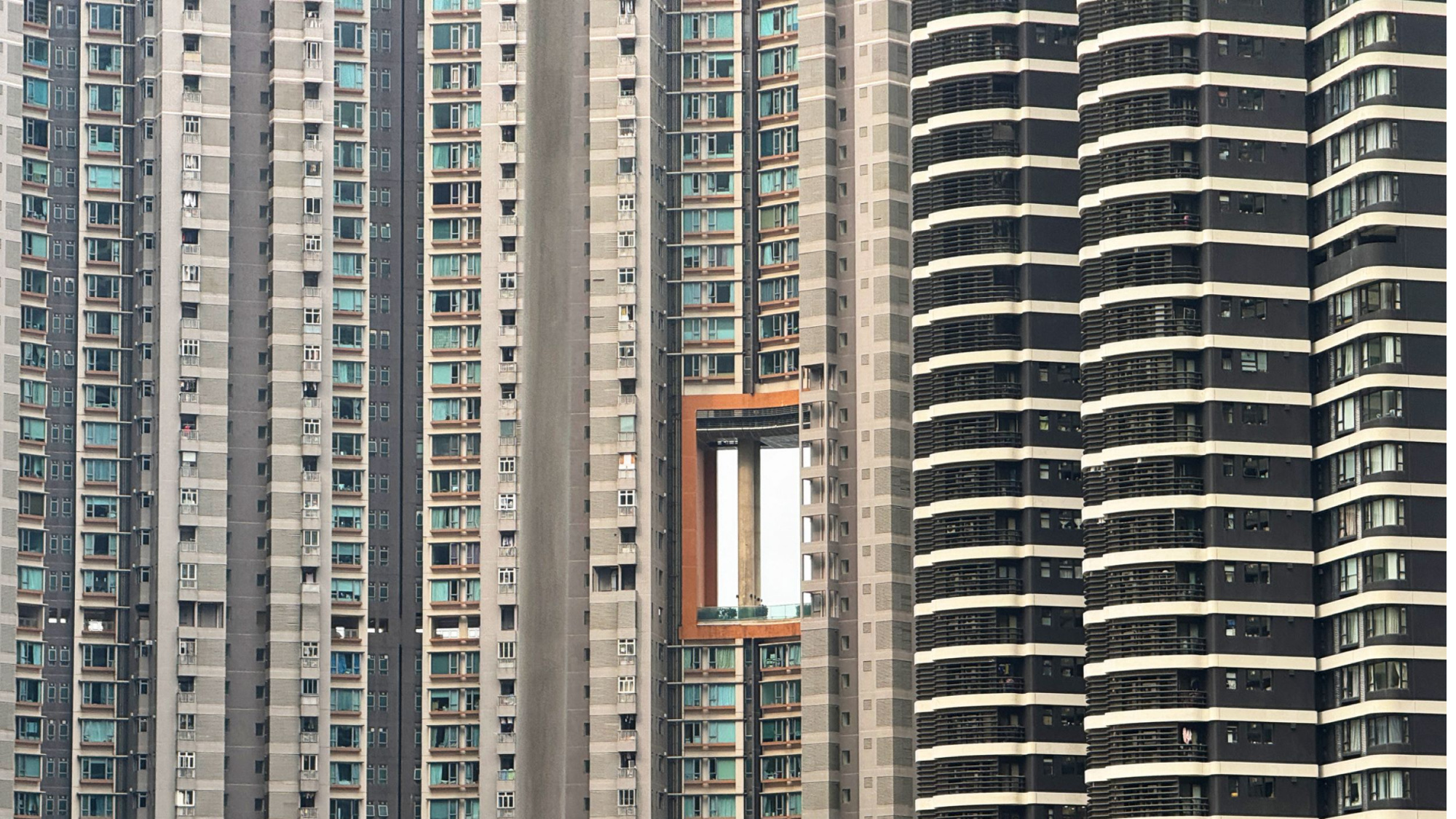
The Hong Kong residential market seems to have bottomed-out with limited downside risk, but investors and homebuyers still need to guard against the possibility of an interest rate cut and economic deterioration in Hong Kong when considering purchasing or investing in residential properties.
Investors and homebuyers in Hong Kong expected the abolition of the property market tightening measures would provide a strong boost to the city’s faltering homes market that had been dented by a high interest rate environment, population outflow and a slowing domestic economy, but the boost turns out to be short-lived.
Hong Kong’s home prices, as tracked by the Rating and Valuation Department’s private domestic unit price index, fell to the lowest level since October 2016, representing a cumulative contraction of some 24.2 percent from the historical high level recorded in September 2021.
In June, the index dipped for two consecutive months to reach 301.8 that almost offset the cumulative increase of home prices in March and April after the government of the Hong Kong Special Administrative Region had announced in February it would scrap all property market tightening measures.
As at June, the index decreased 3.05 percent in the first half of this year. Last year, the index dived 8.73 percent.

“Looking forward to the fourth quarter, it mainly depends on whether the interest rate cut is realized. If this happens, property prices may consolidate and the decline of home prices may tipped at around five percent. But if the pace and intensity of interest rate cuts are not satisfactory, coupled with aggressive price cuts in the first-hand property segment, home prices may plummet eight percent for the whole year,” RicaCorp Properties Head of Research Derek Chan Hoi-chiu said.
The United States Federal Reserve in early August announced the target range for the federal funds rate unchanged at 5.25 percent to 5.5 percent since the US central bank paused its rate-hiking cycle in July 2023.
ALSO READ: Housing market to dip further as Fed raises rates, experts say
As inflation pressure in the US has abated lately, the market expects a rate cut might happen as soon as in the September meeting but the pace of easing is never sure, as the US Fed needs to gain enough confidence that inflation was sustainably returning to the two percent target that would secure the beginning of the easing cycle.

Chan added, as both buyers and sellers put trading on hold amid the possible US interest rate cut, transactions of the benchmark housing estates has softened again. During Aug5 to Aug11, there were only 58 such transactions, a 15 percent slump from the previous week and also marking the lowest level in the past eight weeks. He estimated residential transactions in the secondary market will be at a low level and within a narrow range.
According to Land Registry data, the number of sale and purchase agreements of residential building units was 3,723 in July, a jump of 21.4 percent from a year ago.
The figure had soared to 8,551 in April and 5,546 in May after the announcement of the scrapping of all home market tightening measures in February. But the figure soon faltered, with only 3,856 in June and 3,723 in July.
US-based credit agency Moody’s Investors Service said it expected Hong Kong residential prices will decline five to 10 percent in 2024 as higher supply, interest rates and a slow economic recovery will suppress homebuyer sentiment. Data from the Housing Bureau showed that some 109,000 private residential first-hand units will become available in the coming three to four years. Such a supply glut would certainly curb local home prices when developers are eager to offload their inventories.

Lung Siufung and Elena Chen, property analysts at CCB International, said the Hong Kong property market has limited downside and showed early signs of market normalization.
“Normalization of property sales, increasing demand from Chinese mainland homebuyers, stabilization of land prices, renewed appetite of developers, government stimuli and other factors suggest the Hong Kong property sector is bottoming-out,” Lung and Chen said.
But they highlighted there are still have risks in buying or investing in Hong Kong properties, such as the prolonged high interest rate environment, deterioration in the Hong Kong economy, and the economic slowdown on the mainland.
READ MORE: HK agents say property deals jump after big policy moves
“The inflow of southbound capital could provide additional support to the declining price levels. The depreciation of the renminbi, interest rate cuts, and an influx of talent could potentially bolster the Hong Kong property market,” said Norry Lee, senior director of projects strategy and consultancy department at Jones Lang LaSalle in Hong Kong.


